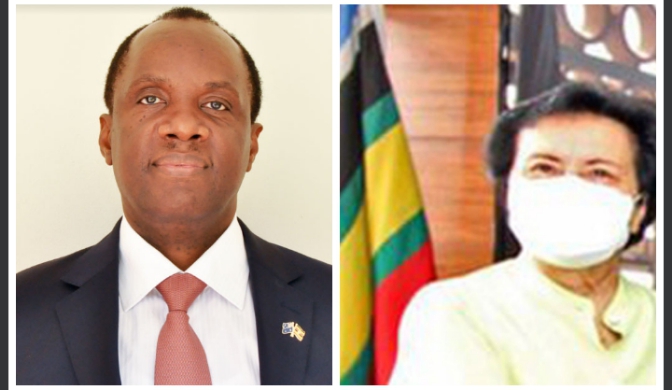By Massa Abrahams
“Better the devil you know than the Angel you don’t.”
When offering incentives, African governments must treat local investors the way they deal with foreign investors if they are to boost local entrepreneurship and investment. The report on investment in Africa by the United Nations Conference on Trade and Development (UNCTAD) warned that often governments like Uganda have paid a lot of attention to foreign entrepreneurs, offering tax breaks, sureties for cheap credit, free land for their businesses to thrive at the expense of the local entrepreneurs.
While Uganda attracts substantial foreign direct investment, it usually doesn’t guarantee jobs to the locals and neither do some investors continue operating in the country when the incentives have been scrapped.
Recently at the helm of many collapsing local business empires, government for example gave tax breaks and other concessions to the Uganda Vinci Coffee Company (UVCC) of Italian business personality, Ms Enrica Pinetti, on grounds that it qualified to be incentivised under the provisions of the Investment Code Act of 2019 “considering that the company intends to invest in agro processing”. However the move has since been rejected vehemently by both local coffee exporters and farmers.
It was strange that Good African Coffee of Mr Andrew Rugasira was not accorded any support even when he pioneered the struggle to have processed Ugandan coffee in supermarkets in the United Kingdom and the United States of America.
Prior to the arrival of Vinci Coffee, millions of dollars and other incentives including government guarantees had been lavished out on Mr Villupilai Kananathan of the Apparels Tri-Star and Finaci SPV Limited of the Lubowa defunct Specialised Hospital.
Enter Bitature;
The Simba Group and its chairman Patrick Bitature now find themselves in financial dire situation that deserves government intervention to rescue them from foreign loan sharks.
President Museveni and his government are much aware that it is entrepreneurs who create jobs in the economy, they bring services that would not be available and pay taxes that make governments function.
Relatively Simba Group has done all these in Uganda for the past three decades. The company has also built assets worth over $150 million.
However, the accumulated debt of more than $30 million now threatens its existence. The government of Uganda should not allow the Simba Group to sink. It’s bad for the economy, especially indigenous ownership of Uganda’s economy, not to rescue Simba Group.
Responsible governments and functional economic systems all have mechanisms in place to rescue economies and entrepreneurs in distress.
In 1990, Mr Donald Trump (former US president) owed banks in America $900million. The US banking and economic system did not destroy Mr Trump by seizing his properties and throwing him in jail – instead the loan was rescheduled under a realistic arrangement.
By 2000, Mr Trump was out of debt and as we all know, went on to become the 45th President of the United States. When it was clear in 2009 that the American economy was on the verge of collapse, President Barack Obama and the United States Congress authorized a rescue package worth $831 billion. It saved the American economy and thousands of jobs.
The Obama administration first focused on rescuing the economy. The administration did not go first after the white collar crooks who had meddled with the US economy.Back home, in spite of Mr Bitature’s mistakes, it is pertinent that the government by executive action considers to rescue Simba Group.
This is possible by buying out Simba Group debt and putting the productive assets of the company, such as hotels, under trusteeship management, until the company settles its indebtedness to the government. Such action will save jobs in the economy and help retain the little indigenous ownership of the local economy.
Actually, beyond Bitature, what is on trial is Uganda’s economic system and its capacity to address economic contradictions at a national level. These cannot be addressed by mercantile reasoning. Rather, the principles of political economy must be brought to bear.
The writer is a digital Media strategist and Policy analyst at Daily Media Group.
mabranick@gmail.com


